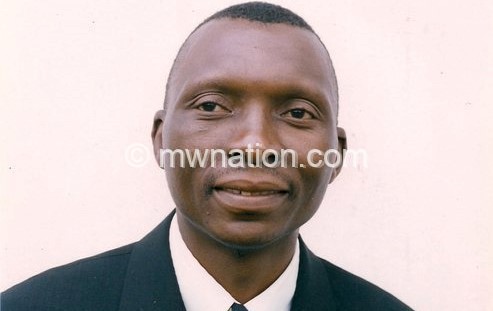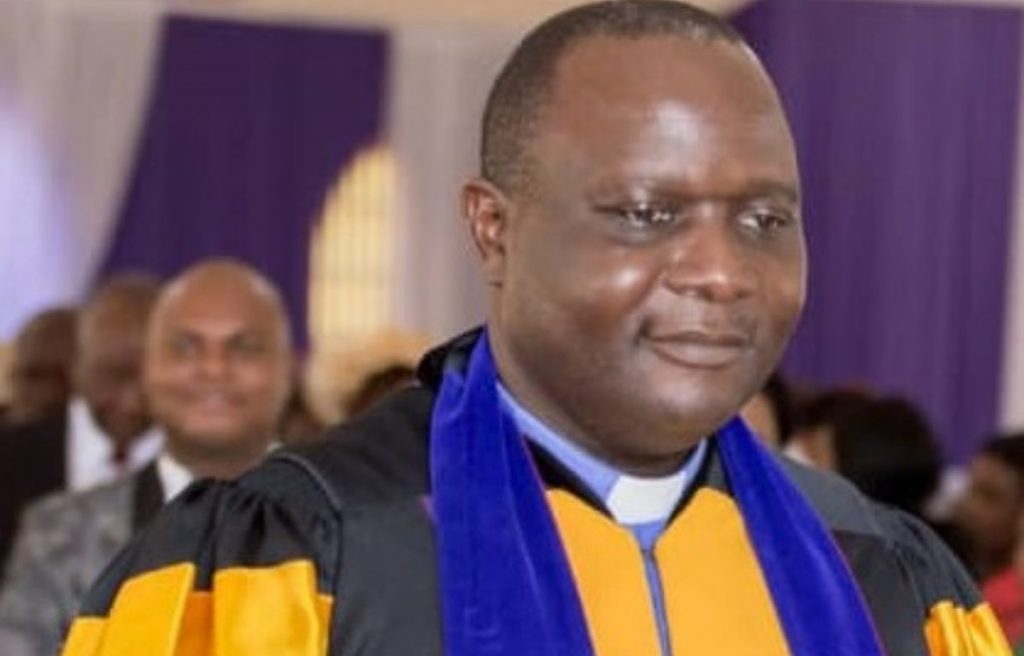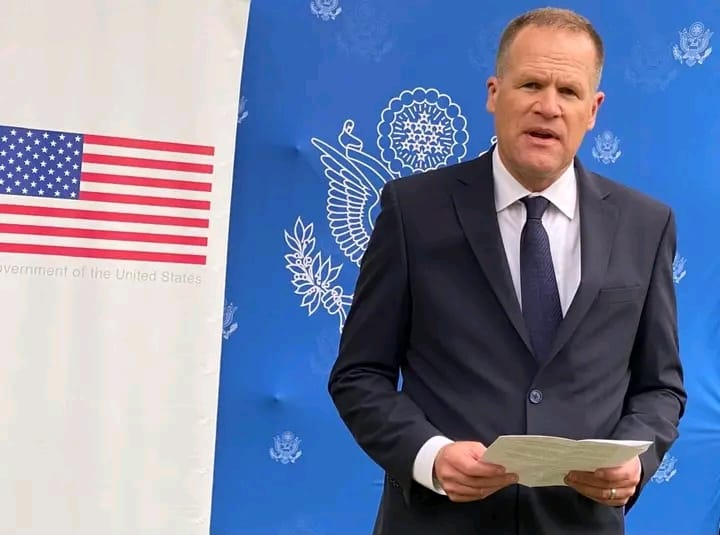The Tonse Alliance administration has been advised to consult those it wishes to appoint into public offices before making public announcements.
In separate interviews on Monday, political and governance commentators said such a practice will retain respect for the appointing authority, especially the President, and accord the appointing process a measure of credibility.

The sentiments follow the rejection of board appointments by Khwesi Msusa, Reverend Billy Gama and Catherine Mzumara.
Msusa was appointed into the board of Malawi Digital Broadcasting Network Limited while both Gama and Mzumara were appointed to the board of Lilongwe Water Board.
In view of this, political analyst Ernest Thindwa observed in an interview on Friday, that there are various reasons some citizens turn down the appointments.

These reasons, he said, may include personal commitments, desire to avoid conflict of interest and ethical and political considerations.
“Further observation may suggest most individuals who turn down the offer tend not to be professionals but political actors whose allegiance and personal loyalty may not be to the incumbent President but to other political masters given the largely clientelistic nature of our politics.
“The trend where some citizens turn down presidential appointments suggests the need for consulting individuals targeted for appointment to secure their acceptance before such appointments are made public,” said Thindwa.
He added: “This practice will retain respect for the appointing authority and accord the appointing process some measure of credibility.”
On his part, governance expert Moses Mkandawire said it would be critical to apply professionalism at all levels.
“Let’s follow the procedures. Nominations can come from all angles, like in this case, a particular ministry or body that has to prepare an appointment paper to SPC [Secretary to the President and Cabinet] who should also prepare the same to an appointing authority.
“Due diligence, acceptance and clear job description and minimum expectations will have already been prepared at this stage. An approval should be sought. Once the process is done, then a public announcement should be done,” he advised.
For Mkandawire, such a process will help to reduce the embarrassment that comes with rejections but, also, ensure high standard of doing things.
“It must never be business-as-usual. This is killing us or tarnishing the image of our systems and practices,” he added.
After earlier rejections of appointments, Minister of Information and Digitisation Gospel Kazako, commenting on those that turned down the offers, said there was a high likelihood that they would not accept were they consulted “now that they have changed their mind on the appointment”.
“However, the central issue is their willingness to join the fight against hunger, disease [and] poverty through effective running of public companies and institutions,” he said.
This is not the first time someone has turned down an appointment. In 2020, senior counsel Modecai Msisha rejected President Lazarus Chakwera’s appointment as Minister of Justice.
In March that same year, former Speaker Henry Chimunthu-Banda, who former president Peter Mutharika had appointed as minister of Natural Resources and Mines, also turned down the offer.
The same year, activist Charles Kajoloweka, former Chancellor College-based law lecturer Edge Kanyongolo and gender activist Barbara Banda all turned down board appointments



